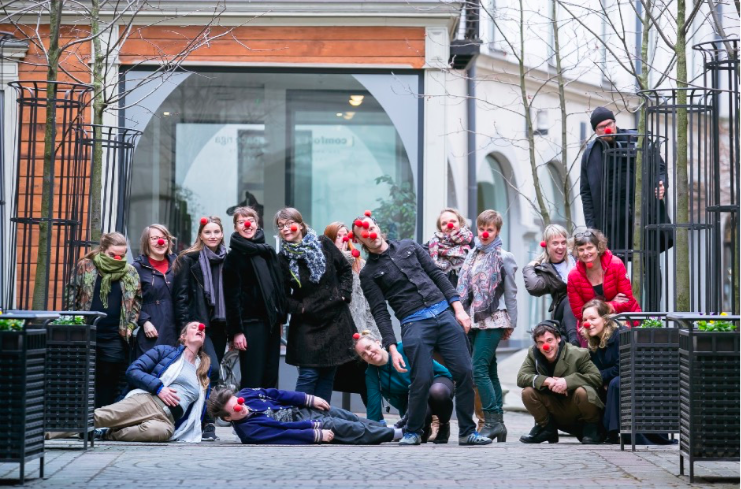ARTiculate Circus Edition 1.0

ARTiculate Circus is a developmental learning, training and research project, which ultimately aims to articulate how the Baltic and Nordic region can work together to develop circus education and its’ relationship with artistic thinking.
During 2017-2019, Manegen (SE) is the hosting organisation for Baltic Nordic Circus Network (BNCN). In 2018/2019 the pilot of this project was run by BNCN with Manegen as a lead project owner.
From 2020-2022, Cirkus Syd (SE) and Riga Circus (LV) will co-host the network. Thus, Cirkus Syd is the lead partner of this project. The network coordinator and project manager for both the pilot and this project, is the same person.
Baltic Nordic Circus Network (BNCN):
BNCN is a collaborative network of 17 circus arts organisations in the Baltic and Nordic countries. The network works to strengthen the regional international collaboration and development of the circus sector. BNCN organises activities which aim to support the circus field in the Baltic-Nordic countries at large. From workshops, to seminars, to international residencies – BNCN organises activities for both artists and industry professionals that focus on skills development, best practice, increased knowledge and cooperation as well as cultural and national identity. BNCN’s ultimate aim is to increase visibility of contemporary circus practise in the Baltic and Nordic region as well as increasing cooperation between circus organisations in the Baltic and Nordic countries.
Why is this project important?
The BNCN Pedagogical working group members Julian Sæther (NO) and Grete Gross (EE), have both studied circus both on youth circus and higher education level. They admit that there is a lack of knowledge in mixing creative teaching with technique training in all levels of circus teaching. The artistic part is mostly focused on in creating a specific circus act or a performance, and during training sessions technique and creative studies are almost always separated.
When this separation starts already on youth circus level, it is also more difficult for young circus artists to open up creatively in higher education studies. While contemporary circus has been developing fast on performative level, the way of teaching is still often stuck in the methods of traditional circus with the creativity being more of an add-on flavour than an integrated method. This easily leads up with one of the problems that contemporary circus is mostly accused in by other art forms – in doing tricks just for show off and escaping behind them with letting the real meaning of the performance get lost.
During the pilot we observed a series of things that would make it helpful to deliver the first real ARTiculate project 1.0:
-
The topic is welcome in the circus arts sector.
We have discovered several other organisations are working with similar themes but in different ways, therefore we want to connect with them in ARTiculate 1.0. An example of such an * organisation is Cirkus Cirkör with their 2 year Erasmus ++ project to develop a modular circus teacher training with partners in the CARAVAN network. -
Circus teachers were very grateful to receive professional development opportunities
It appears circus trainers experience that they can not access professional development in their f field. As such, they were very humbled and grateful for the opportunity. -
In order to guarantee representation from all countries in the Baltic and Nordic region it is essential to provide travel bursaries for participants and the BNCN working group.
In order to address this we have prioritised travel bursaries for participants in our budgeting. -
It is desirable to have a great space where circus disciplines can be rigged and used in the workshops.
Riggable spaces are very expensive to hire, as such we have partnered to host the workshops with 2 organisations who were able to contribute these spaces in kind. There are only a handful of organisations able to do so in the Baltic-Nordic countries as such its a testament to how desirable the project and its’ partnership is.
-
Participants experienced that the workshops (of 2 days) was too short and that it would have been useful to have students to try out the methods on within the frame of the project.
Therefore we have increased the workshops to 4 days per workshop and partnered with Norrköpings Youth Circus via Nycirkus Öst who are providing their students as guinea pigs for two sessions.